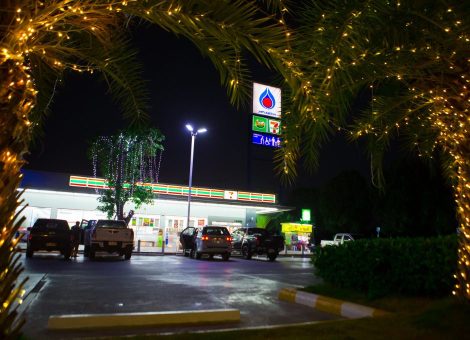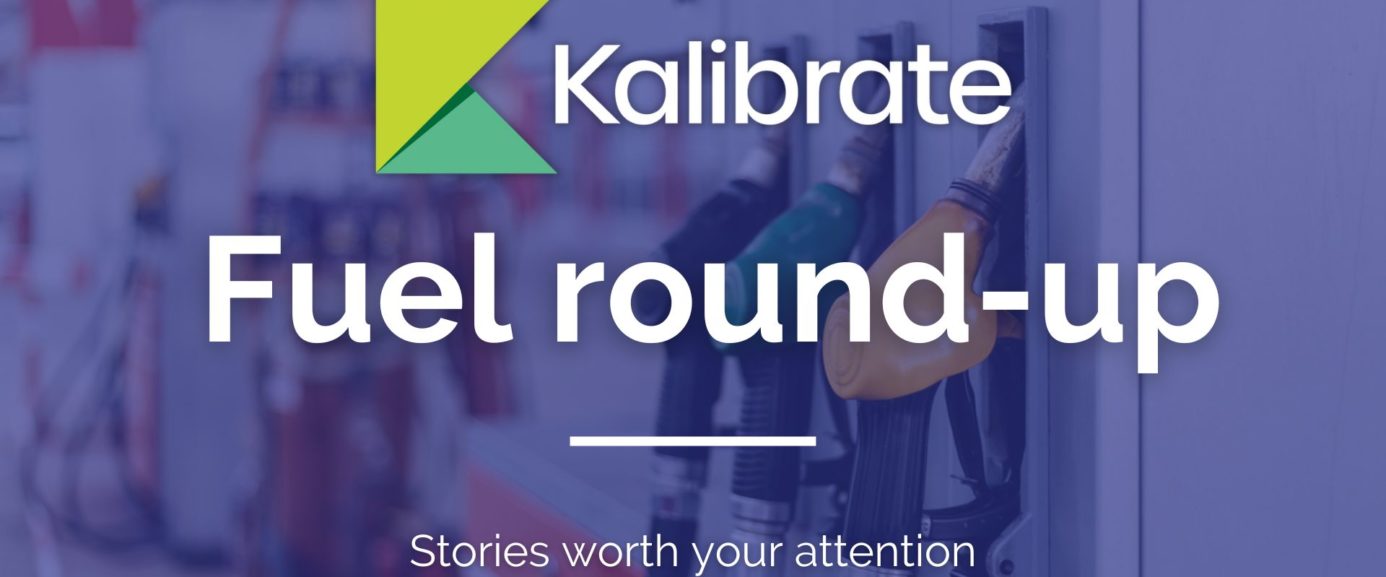The Kalibrate fuel round up: July 2023
Kalibrate works with a diverse range of fuel organizations, so we always have our ear to the ground to see how the environment is evolving. This helps us understand the challenges and opportunities facing the brands we support, but it also helps us keep across the news, innovations, transformations, trials, and tribulations, within the fuel space.
Mergers and acquisitions making headlines in July
In July, we saw plenty of M&A activity as organizations entered new markets, large acquistion deals were finalized, and divestments in Canada.
- Newly-renamed ORLEN has entered the Austrian market with the acquisition of 266 Turmol-branded sites
- RaceTrac announced the signing of an agreement to acquire Gulf Oil
- Greenergy divested its Canadian retail business by selling its 241 fuel and convenience sites to Global Fuels
- OMV has completed the sale of its OMV Slovenia business to MOL Group.
Consolidation continues in the retail fuel sector, with acquiring companies looking to increase their market share and leverage economies of scale. Kalibrate’s Matteo Locane noted, “retailers with excellent operations and high automation levels are better placed to extract the most value from M&A activities”.
EV charging in Europe
TotalEnergies has inaugurated the second 100% electric service station in France, located in the city of Metz. While their car charges at one of the site’s eight ultra-fast charging points, customers can take advantage of a waiting area with WiFi and vending machines, as well as some vehicle maintenance facilities.
This is only the second site of its kind in France, but Total’s strategy is definitely ambitious – the French retailer is aiming for 500 high-power charging sites by the end of the year. It will be interesting to see whether customers will prefer this more “basic” offering (charging + a waiting area with vending machines) or they will privilege sites with a fully developed convenience and QSR offering.
Read more on developing EV strategies here
Price comparison scheme spinning up in the UK
UK Energy Secretary, Grant Shapps, has endorsed a voluntary price comparison scheme in a meeting with supermarket executives. This is an apparent step back from the previous idea, which was to introduce mandatory fuel price reporting as per the Competition and Markets Authority’s (CMA) recommendations. Meanwhile, the CMA has told a parliamentary committee that Asda in particular has tripled fuel profit margins since before the pandemic.
Mandatory fuel price reporting schemes exist in a number of countries around the world, and while they certainly increase transparency for the consumer, they do not necessarily result in pump price decreases, because there are many moving parts to fuel pricing. UK fuel retailers should nevertheless start actively working to ensure they can provide pricing data to the government, preferably in an automated manner.
Read more articles about:
Fuel pricingSubscribe and get the latest updates
You may unsubscribe from our mailing list at any time. To understand how and why we process your data, please see our Privacy & Cookies Policy
Related Resources
Location intelligence
12 tips for gas station owners this Christmas
Boost your gas station's holiday sales and customer loyalty with these 12 actionable tips.

Fuel pricing
November 2024. Kalibrate's Canadian Petroleum Price Snapshot
Kalibrate conducts a daily survey of retail gasoline, diesel, propane, and furnace fuel prices in 77 Canadian cities....


